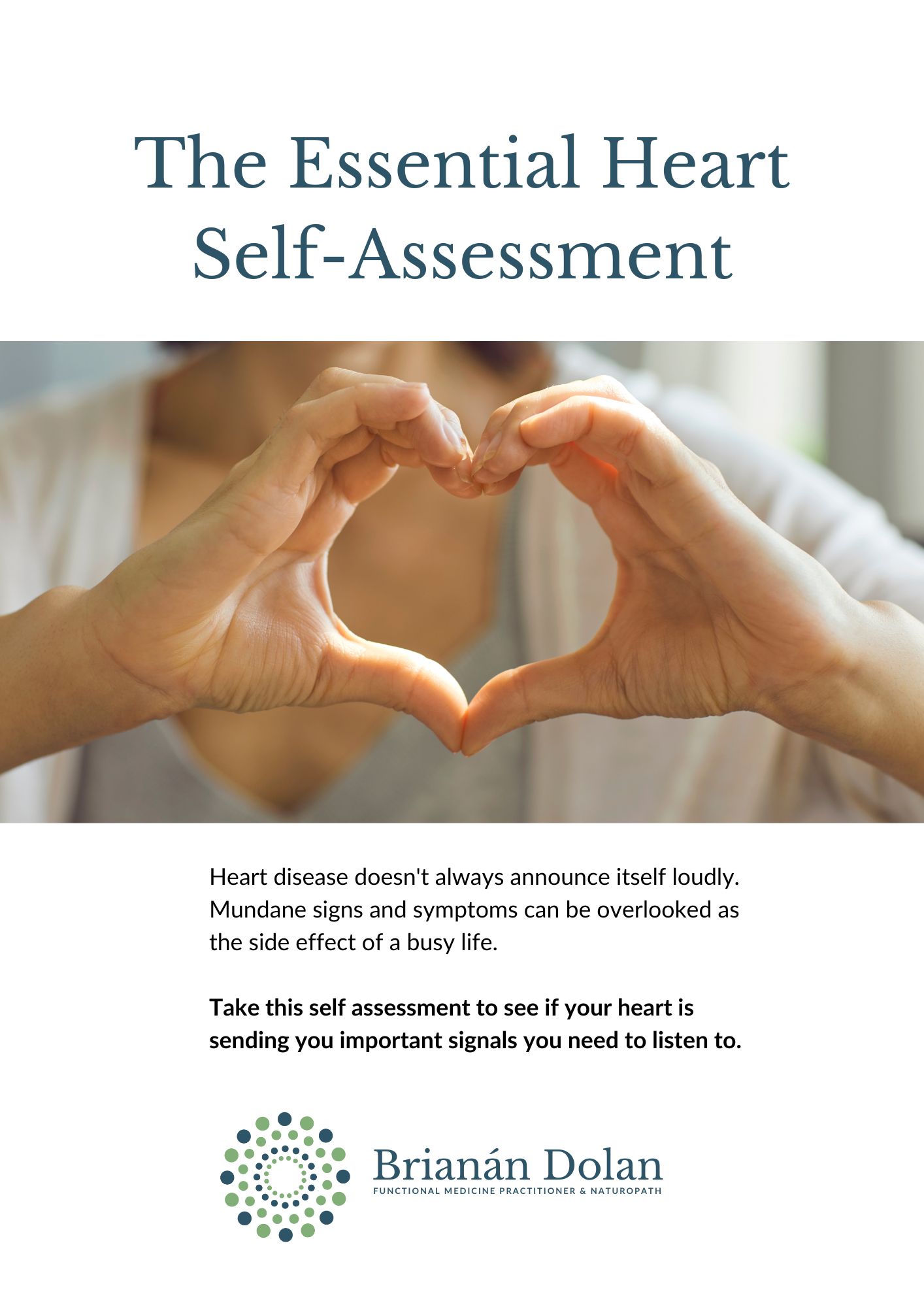I’ve spoken before about Statins and how they are being prescribed very frequently these days. They are vital in some cases but as with all medications they can cause imbalances and trigger chain reactions within your body.
How do Statins work?
Statins are prescribed to control cholesterol. They block an enzyme in your liver that’s necessary for making cholesterol. However, statins don’t just stop at lowering cholesterol production, they also deplete CoQ10, a vital enzyme for energy production in your cells, and Statins inhibit the synthesis of Vitamin D, crucial for bone health and immune function.
The side effects of statins include:
- Blocking the production of vitamin D, which is important for the immune system.
- Blocking the production of vitamin K2, which comes from dark green leafy vegetables.
- Depleting CoQ10, an enzyme crucial for heart and mitochondrial function.
You need CoQ10 for muscle function and energy. Statins, while protecting your heart, can inadvertently sap your energyand cause issues with your muscles by lowering CoQ10 levels. Similarly, by hindering Vitamin D production, they can affect your bone strength and immune response.
Routine testing of CoQ10 levels for individuals taking statins is not typically performed as part of standard medical practice. CoQ10 levels are not routinely monitored as part of treatment but if you’re taking statins, you need to be aware of these potential imbalances before there is a more significant impact on your health.
Other side effects of taking Statins
Anyone who’s pre-diabetic or more importantly, anyone who doesn’t even know that they’re pre-diabetic and takes a statin, they are increasing their blood sugar.
So anyone that is a type two diabetic, taking a statin, their blood sugars need to be checked on a regular basis. Ditto with insulin, statins increase insulin. Again, anyone that’s type 2 diabetic, insulin needs to be checked regularly. The NHS is not going to offer that regularly, so you probably will need to pay for it.
Please note, if you have had a heart attack, or stroke or you’ve had to have stents, Statins are anti-inflammatory and anticoagulant. This post is intended to raise awareness of the side effects of statins. And especially for people who have been prescribed a statin for high cholesterol.
My concern is that statins are being prescribed very frequently these days and very few people are aware of the range of side effects.
I want to repeat that Statins are vital in some cases, in other cases it can cause more harm than patients realise.
The most shocking of all side effects is the increased risk of dementia. And very few people are talking about it.
Dr. Ken Berry referenced a 2021 study in the Journal of Nuclear Medicine showing that lipophilic statins can double the risk of dementia. I’ll reference the papers below.
The lipophilic statins that may increase dementia risk are:
- Atorvastatin (Lipitor)
- Fluvastatin (Lescol)
- Lovastatin (Mevacor)
- Pitavastatin (Livalo)
- Simvastatin (Zocor)
Hydrophilic statins, which were not linked to an increased dementia risk, are:
- Pravastatin (Pravachol)
- Rosuvastatin (Crestor)
If you’ve had a heart attack, stroke, or needed stents, statins can be beneficial due to their anti-inflammatory and anticoagulant properties.
Please don’t pop pills blindly. If you have a concern please discuss first with your primary health care provider.
And if you have any questions please book a call here:
https://brianandolan.com/get-started/
Brianan
Nutritionist, Naturopath, Lifestyle and Functional Medicine, Heart health, diabetes, B/P
REFERENCES:
https://jnm.snmjournals.org/content/62/supplement_1/102
https://clinicalnews.org/2021/06/14/lipophilic-statin-use-linked-to-increased-risk-of-dementia/





